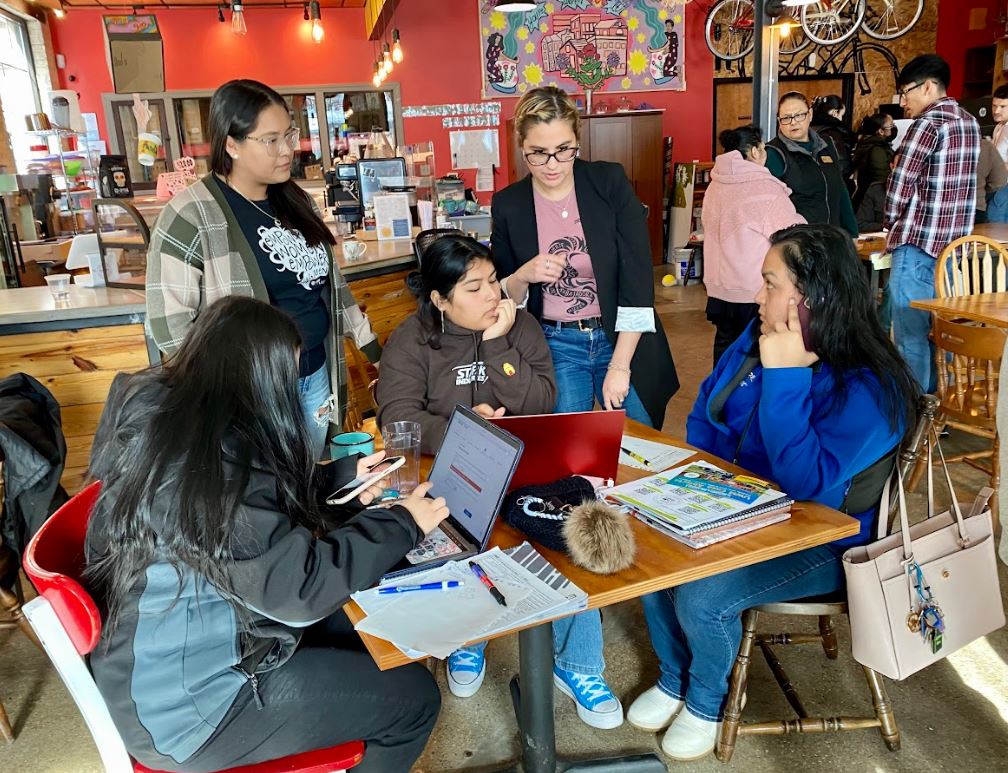
negozee undocu, dreamer & DACA Students
Public Group
Public Group
Active 2 weeks ago
Under DACA, undocumented immigrants are granted deferral of deportation from the United States, as well... View more
Public Group
Group Description
Under DACA, undocumented immigrants are granted deferral of deportation from the United States, as well as access to Social Security numbers and renewable two-year work permits.
An encouraging fact undocumented students should keep in mind when considering college: No federal law requires proof of citizenship to be admitted to U.S. colleges. Most institutions set their own admission policies. While it is true that undocumented status limits a student’s choices, it is possible to find a college or university that accepts undocumented students and provides the sort of funding that makes attending feasible. Students need to do a fair bit of research to determine if a school can accommodate them. Part of this research will involve directly contacting the school and asking questions about the school’s policy on undocumented students and if it does recognize and accept them, the typical enrollment procedure.
Undocumented students should not hesitate to express their desire to go to college. Thanks to the Family Education Rights and Privacy Act, school officials can’t disclose personal information (including immigration status) about students. Undocumented students should start by asking their high school teachers and counselors for advice. Such mentors may be able to direct students to college admission counselors or pair them with other undocumented students who have either successfully enrolled in college or are aspiring to enroll.
- Members
-
-
-
-
-
-
-
-
-
-
-
-
-
-
-
-
-
-
-
-

